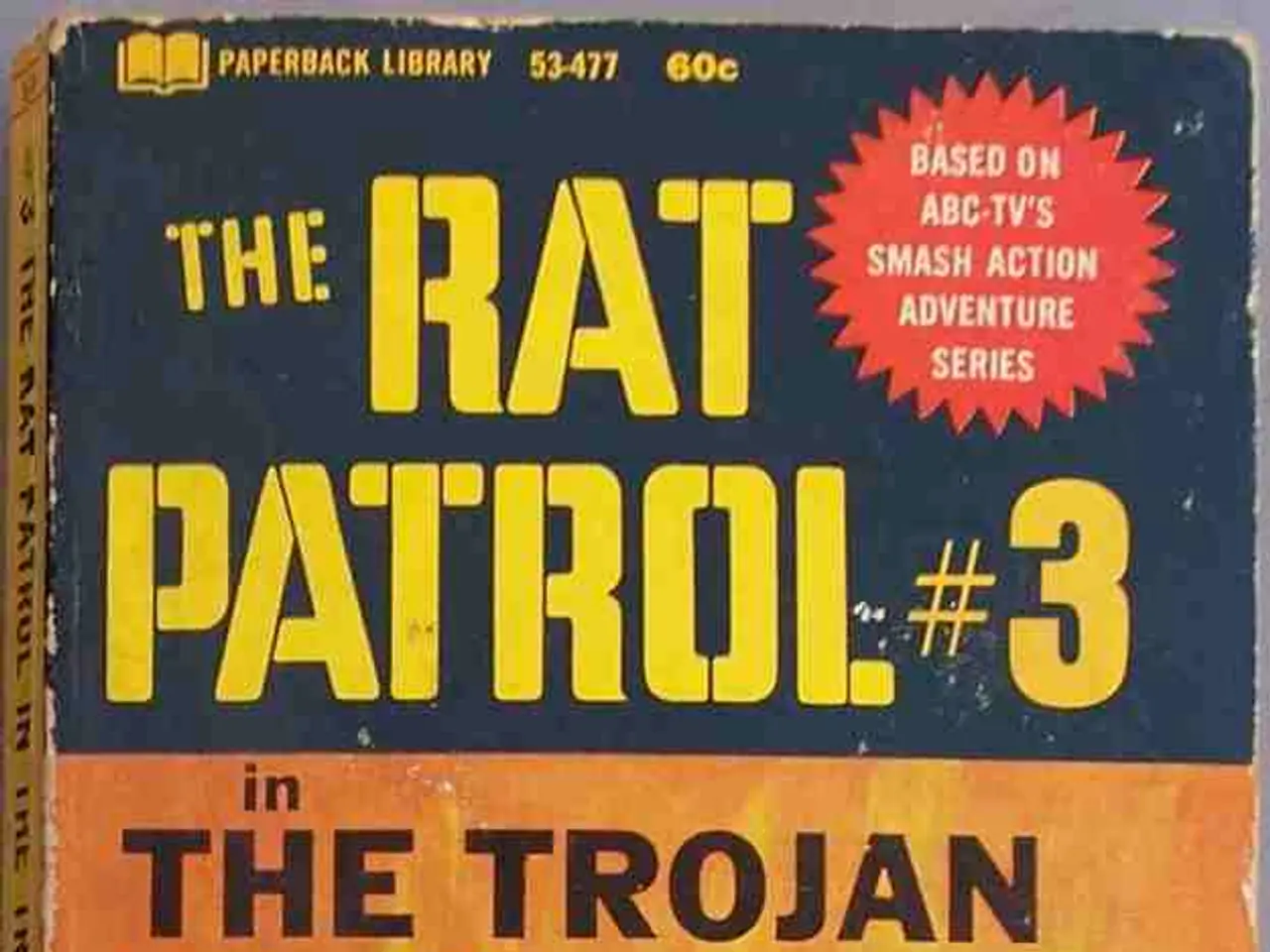Reporters in Gaza experiencing intense apprehension following repeated Israeli assaults
In the midst of the ongoing conflict in Gaza, journalists have found themselves in the crosshairs, facing a myriad of dangers that have made this one of the most lethal periods for media professionals in modern history.
More than 230 journalists have been killed so far, a grim statistic that underscores the risks they take to bring the truth to light. The repeated targeting of journalists has led to a shift in public perception, with those in the media now seen as dangerous to be around instead of appreciated for their work.
Abdallah Miqdad, a correspondent for Al Arabi TV, has stated that people have become worried about journalists after targeted attacks. This sentiment is shared by many, including Fateha, a journalist who has faced increased hostility due to incitement campaigns and accusations of lying and distorting the truth by a major German newspaper, Bild.
Fateha believes the only way forward is to rebuild trust through transparency, professionalism, and patience with communities who now fear the camera as much as air strikes. However, this task is made more difficult by statements from Israeli media figures like Tsvi Yehezkeli, who openly justified the killing of five journalists at Nasser Hospital, further fueling public suspicion towards journalists.
Yehezkeli, a senior commentator on Israel's i24 channel, publicly justified the killing of journalists at the Nasser Hospital in South Gaza as a correct action by Israel, claiming it was “too late” and necessary because these journalists allegedly serve Hamas interests and harm Israel’s image.
The fear and mistrust towards journalists extend beyond the general public. Landlords have refused to rent to journalists due to tenants' fear and concerns about potential targeting. Families of journalists have refused entry to journalists due to fear of endangering them. Freelance photojournalist Ahmad Al Areni has experienced hostility from people driving him away and telling him to leave certain areas to avoid potential targeting.
Despite these challenges, local journalists continue their work to preserve the truth. They are the main source of information on the deaths, destruction, and displacement in Gaza due to Israel's targeting of homes, hospitals, and schools. Journalists' flak jackets, once symbols of credibility, have turned into warning signs for some people in Gaza.
Despite the lack of safety and respect for journalistic protections, journalists in Gaza press on, determined to bring the truth to light amidst the chaos of war. Their courage serves as a testament to the importance of a free press, even in the most difficult of circumstances.




